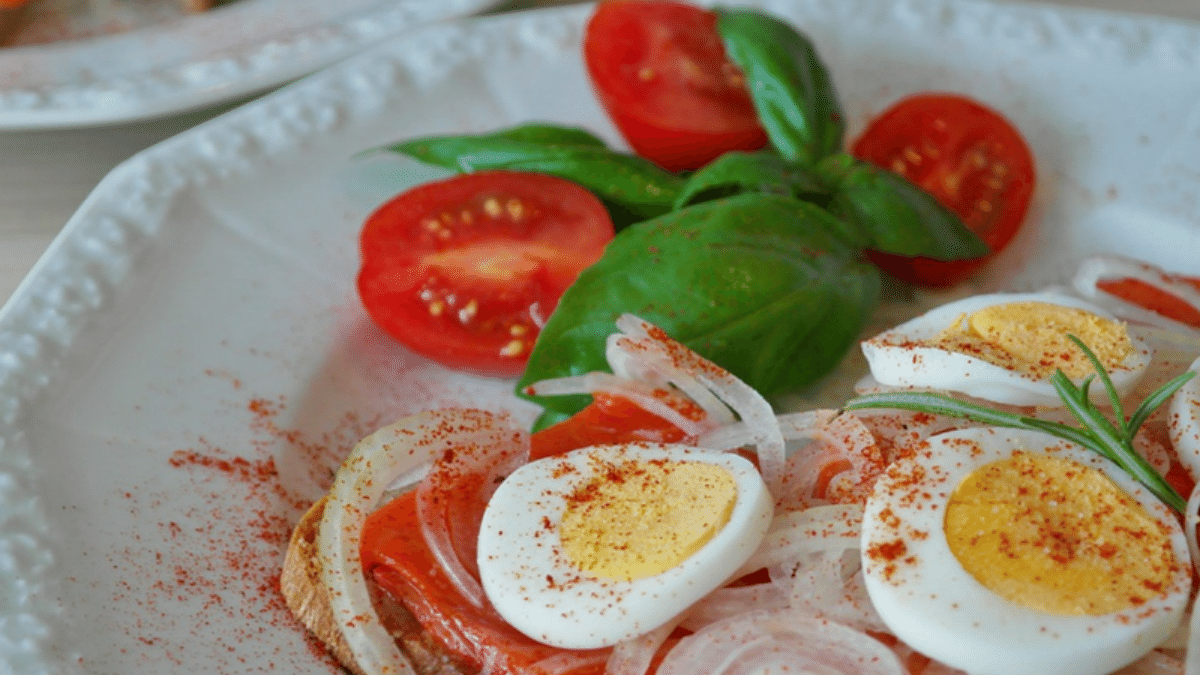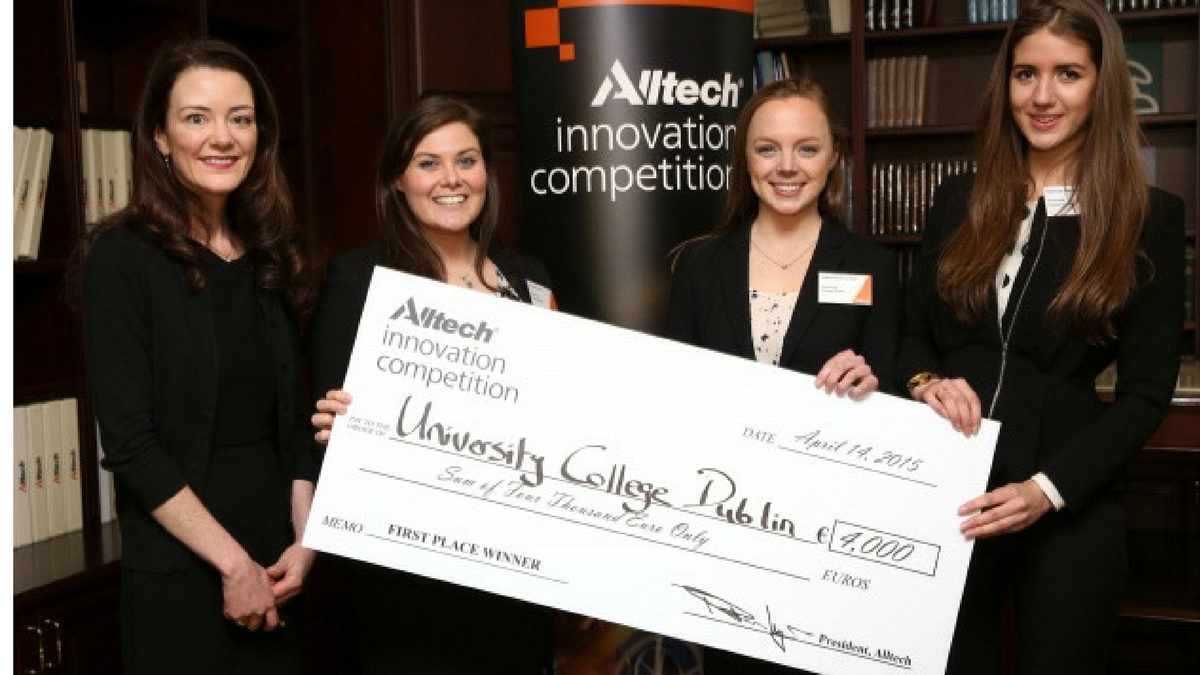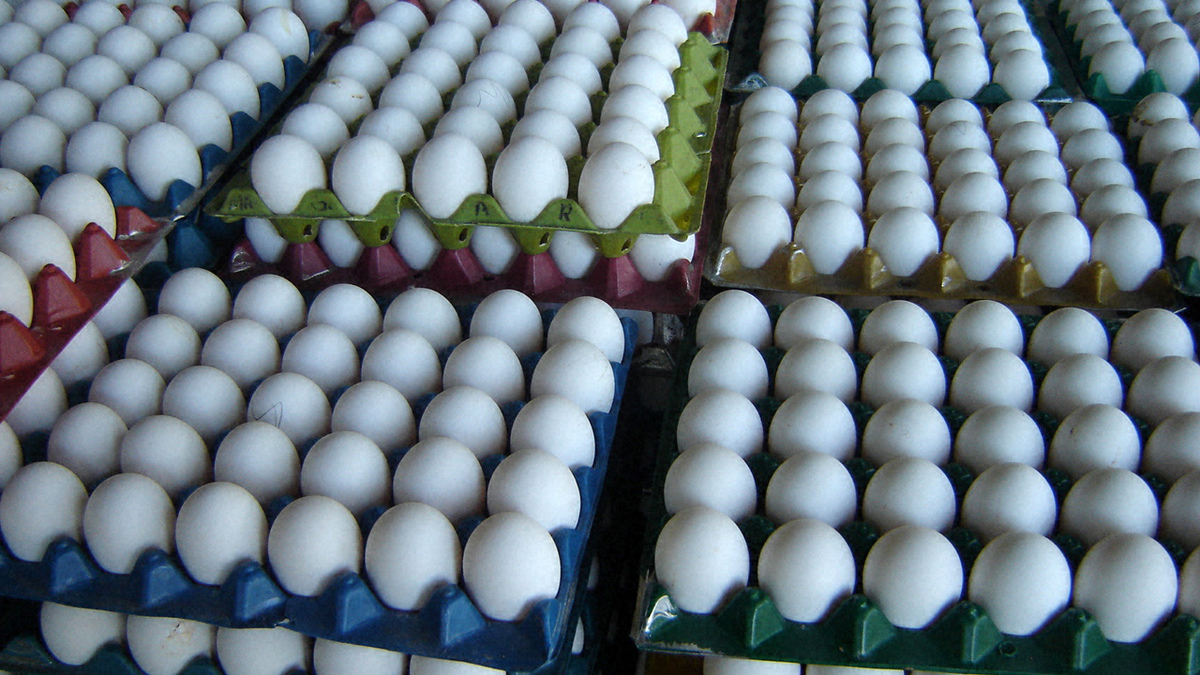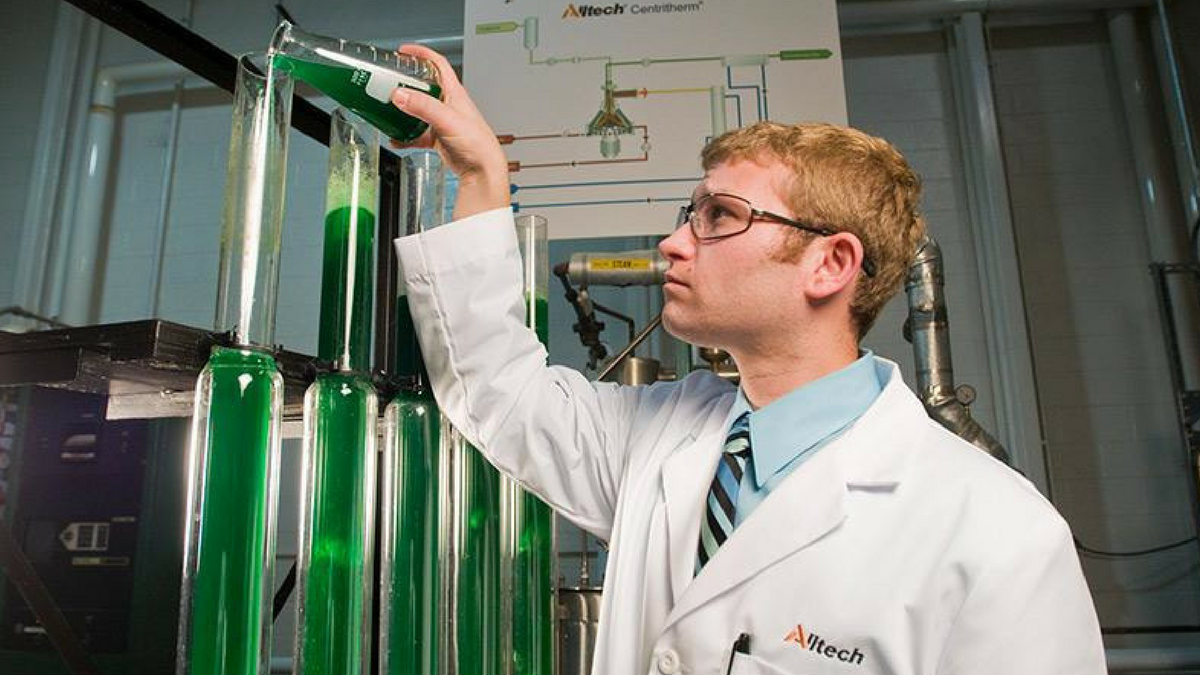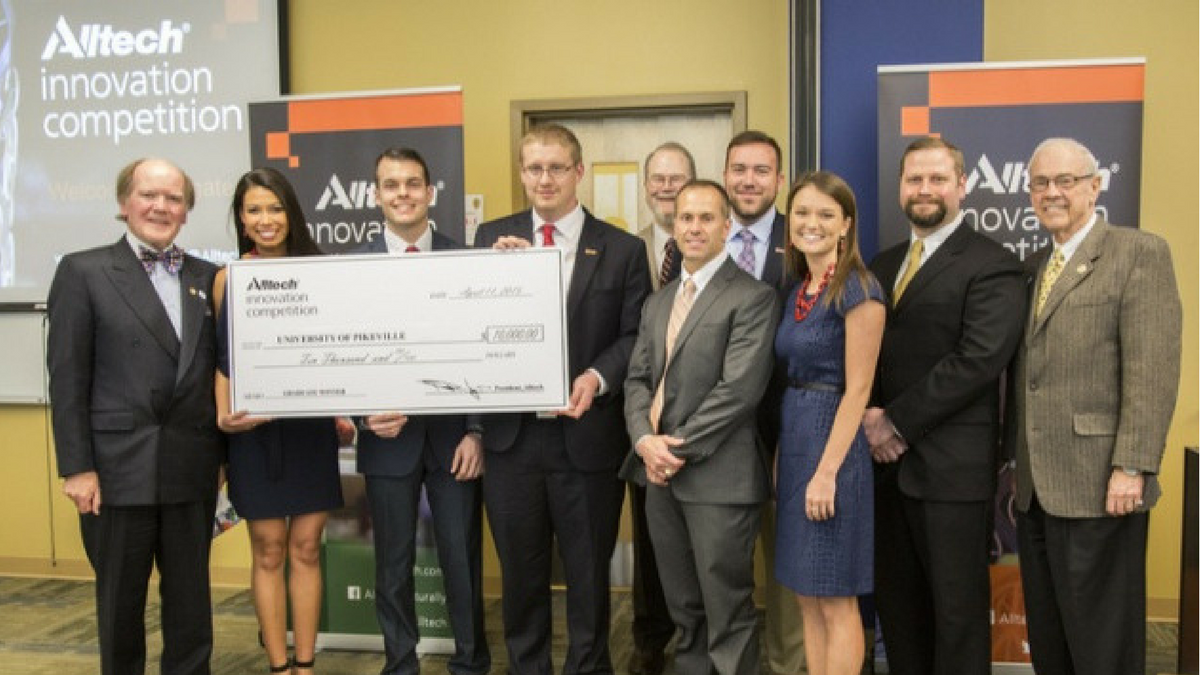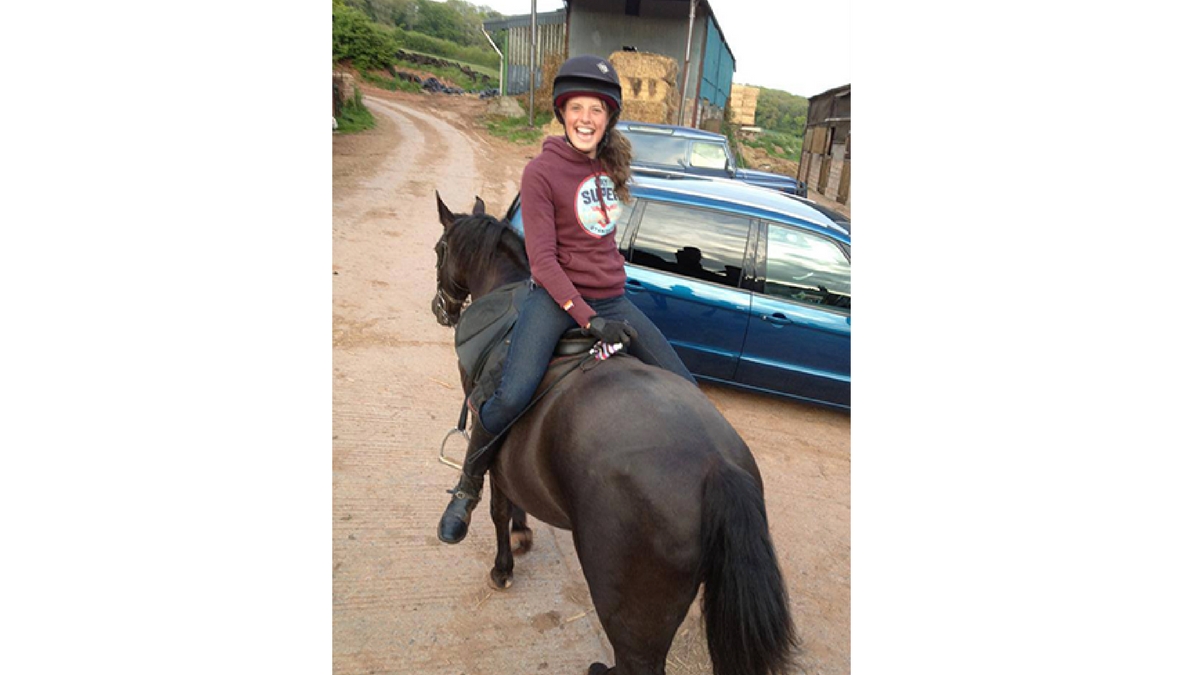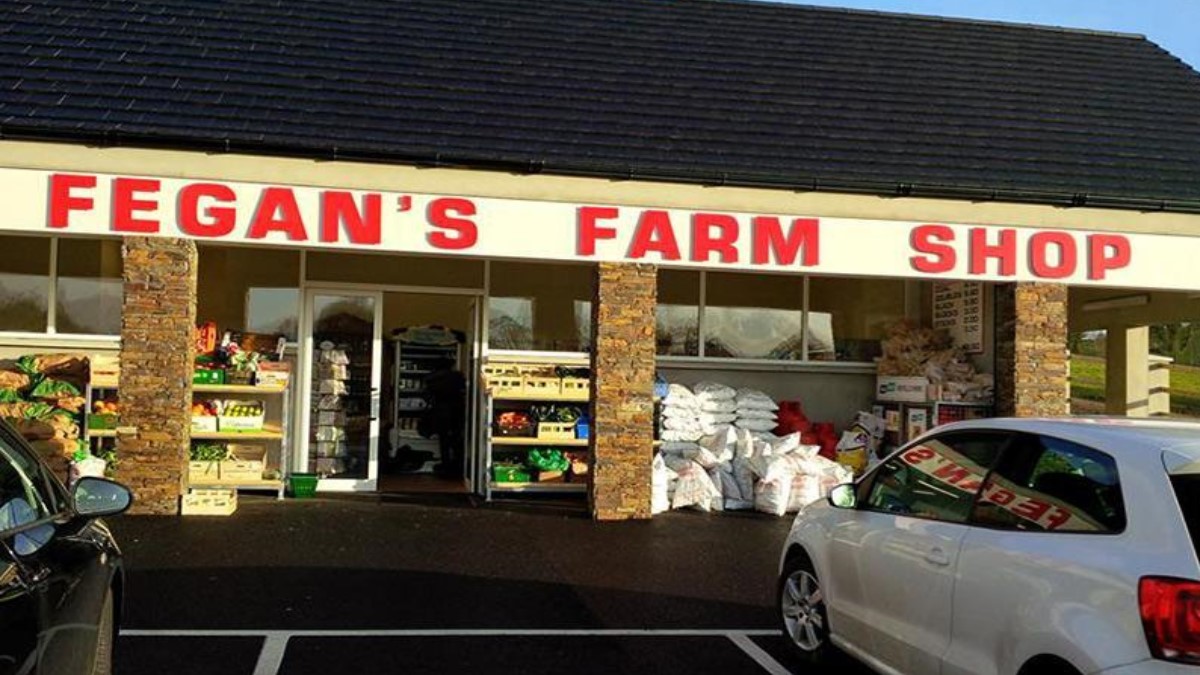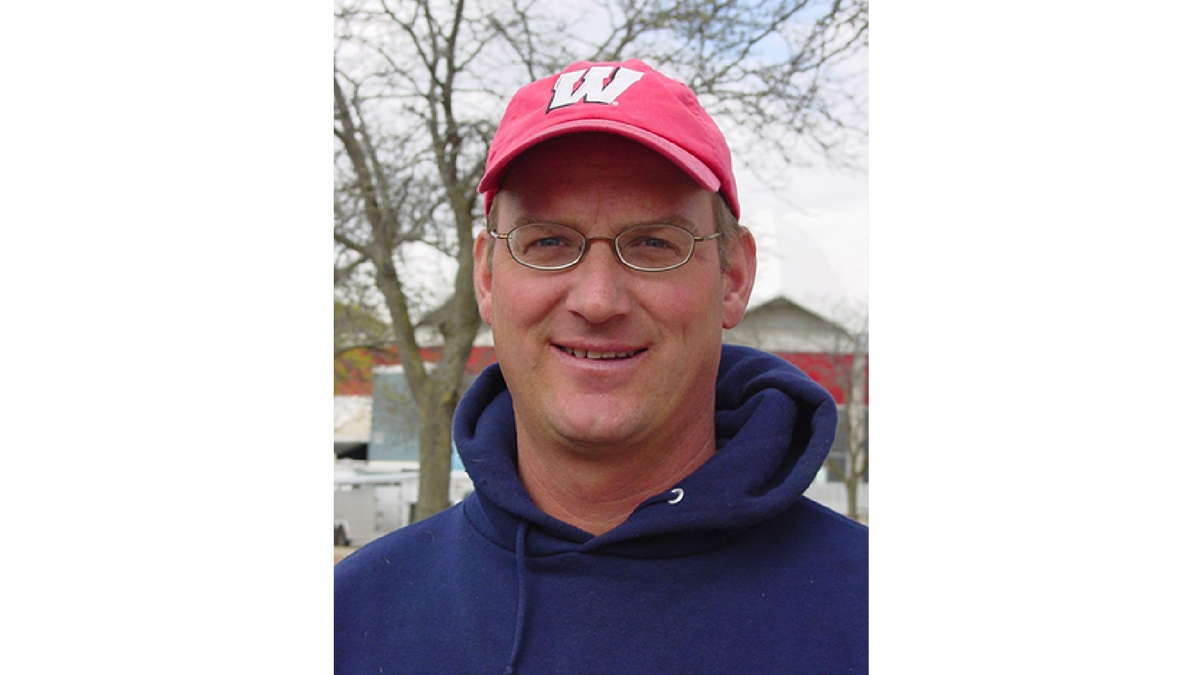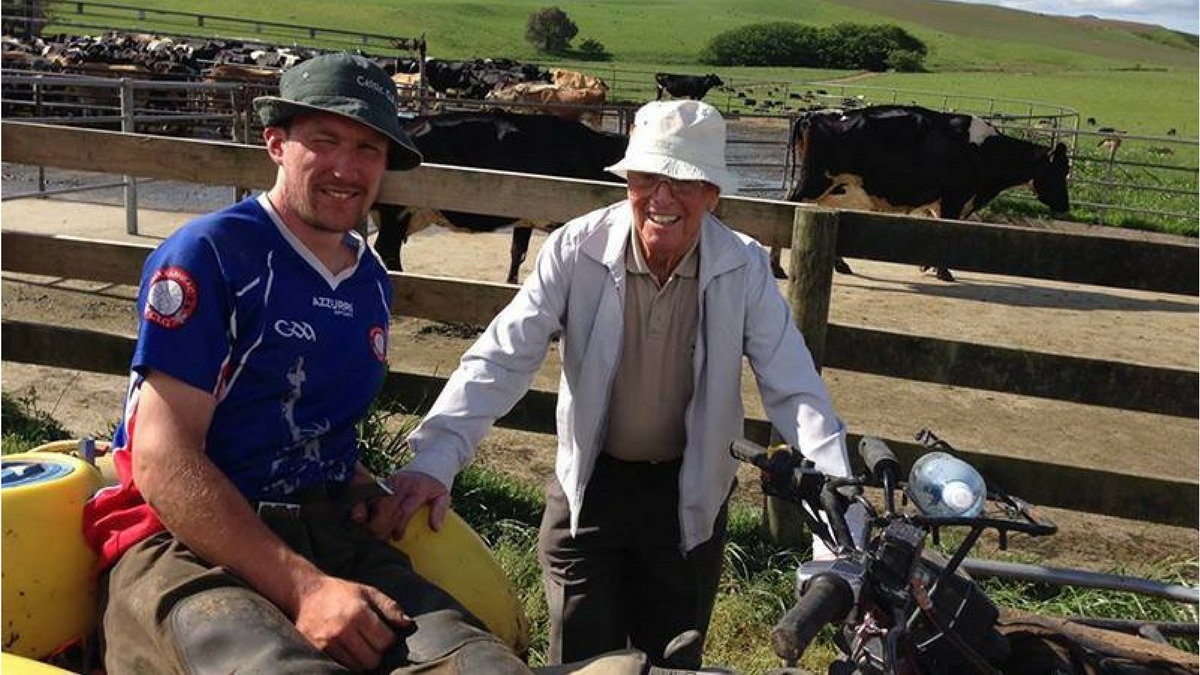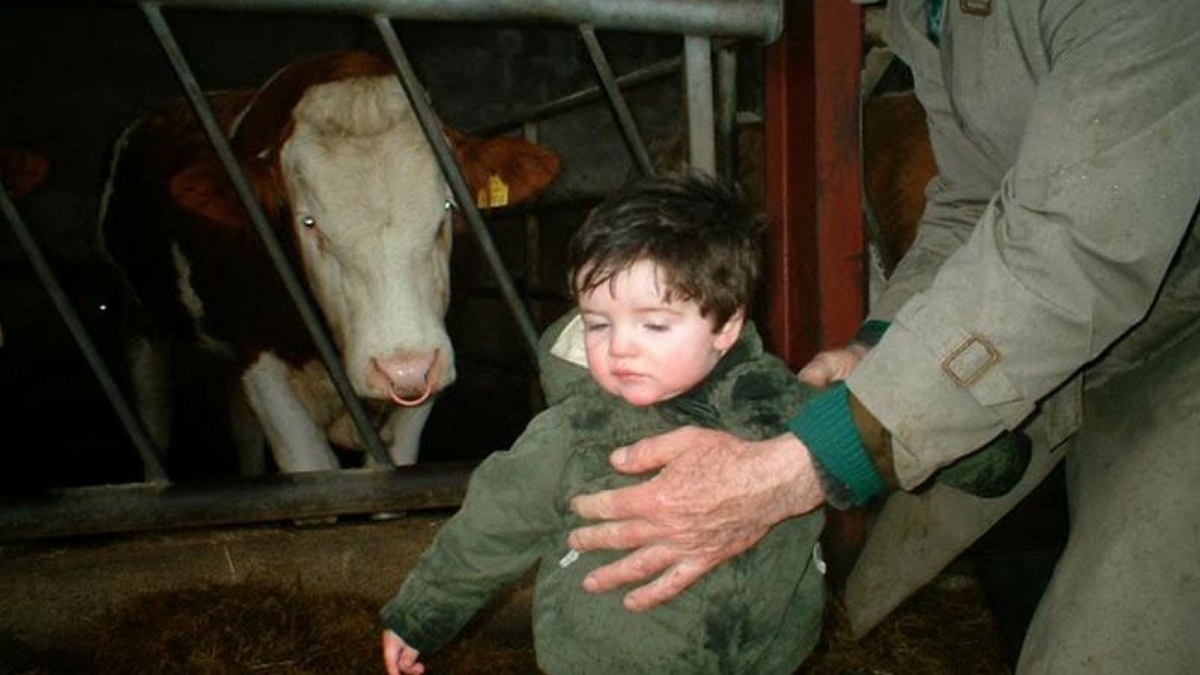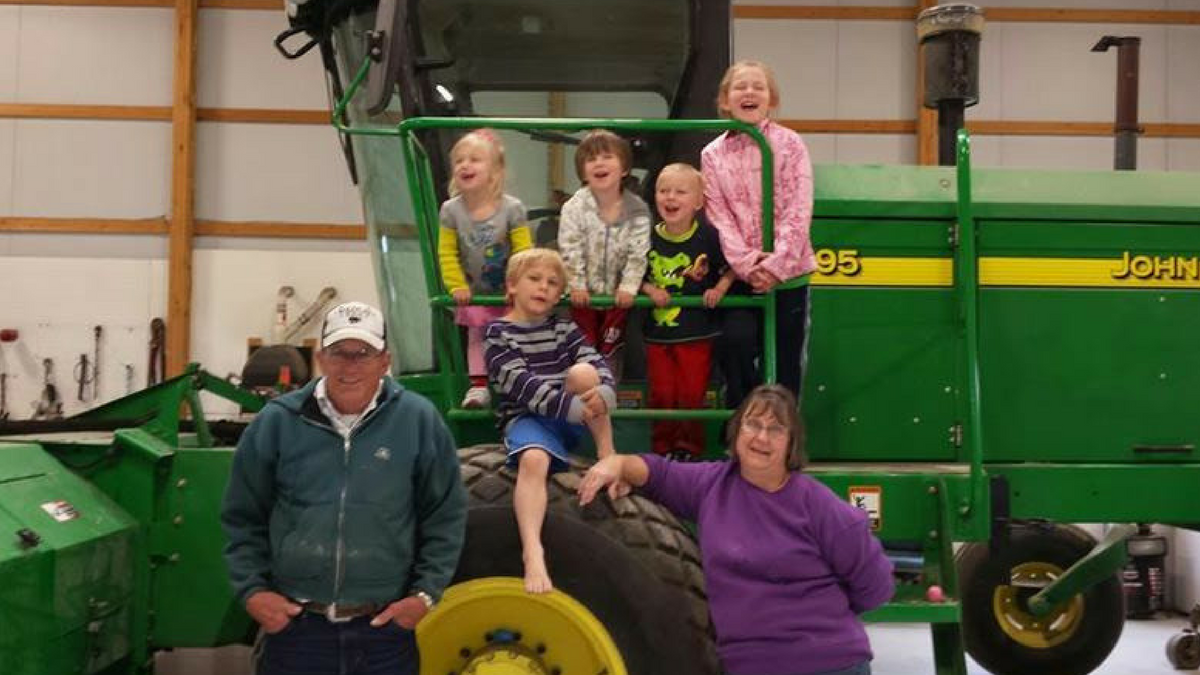Welcoming Ridley to the Alltech Family
Today we are proud to announce a major acquisition that we believe will allow us to deliver even better service and greater value to our customers globally. This morning we announced an agreement to acquire Ridley Inc., one of the leading commercial animal nutrition companies in North America. This deal is a “win-win” for customers of both companies.
Ridley produces some of the industry’s best-selling and most widely-recognized blocks and nutrition supplements. Together, Alltech and Ridley will become a global leader in animal health and nutrition with annual revenues in excess of $1.6 billion and an unrivaled platform for growth across local, North American and international markets.
Improved animal nutrition is a pressing need for the productivity of the world’s livestock and food chain. Feed costs comprise the majority of livestock production costs. By improving nutrition, livestock and poultry producers are able to realize a significant increase in efficiencies and return on investment. Alltech’s continued commitment to tailoring nutrition and health programs with a focus on natural, antibiotic free ingredients, allows livestock and poultry producers to raise healthier animals through a process that is more beneficial for animals, consumers and the environment.
This growth opportunity will create better access for livestock and poultry producers to superior nutrition solutions by combining Ridley’s extensive on-farm presence and dealer distribution network in North America with Alltech’s cutting-edge animal nutrition technologies. Livestock and poultry producers in North America will have unparalled access to Alltech’s leading nutrition technology and the company’s additional suite of services, including financial, crop enhancement and sustainability programs.
Given Alltech’s global reach, this deal will also allow Ridley the opportunity to globalize its solutions. Customers outside of North America will now gain access to Ridley’s well known blocks and nutrition supplements.
I’m proud to say that our combined commitment to R&D and innovation will remain unwavering. Alltech spends approximately 10 percent of its gross revenue on R&D, more than any other company in the industry and Ridley has a strong technical team with over 40 advanced degrees who will now be working side-by-side with Alltech’s team of approximately 150 PhDs. This deal will further deepen Alltech’s commitment to science and allow us to bring more advanced animal nutrition solutions to livestock and poultry producers around the world.
We’re thrilled to welcome the Ridley team to Alltech, and we’ll have more to share about our integration soon.
- Read more about Welcoming Ridley to the Alltech Family
- Log in to post comments

Alltech to acquire Ridley















